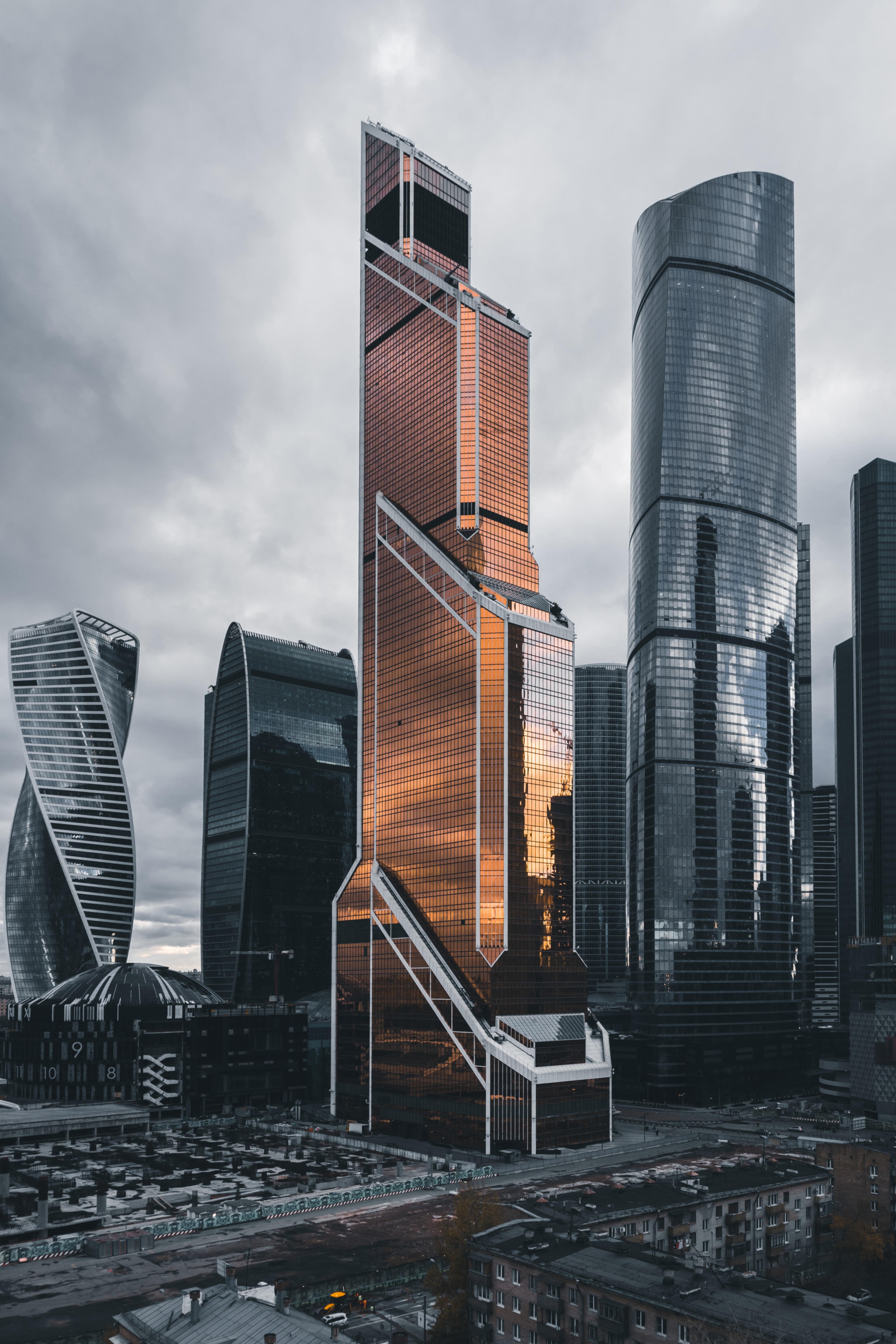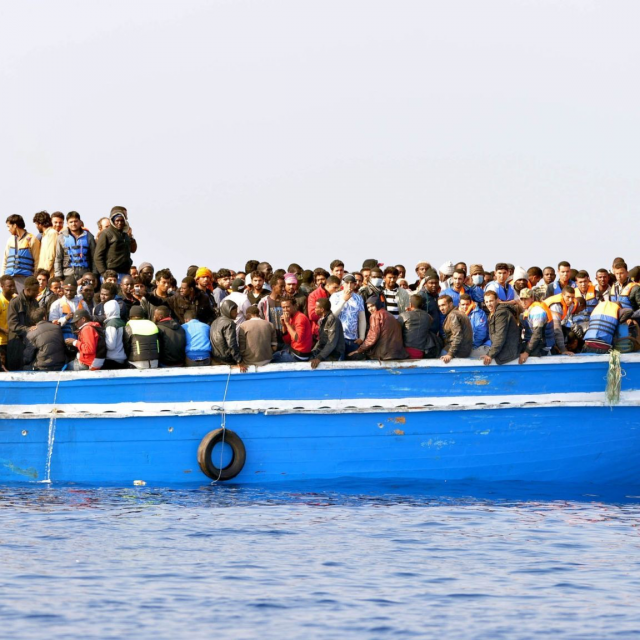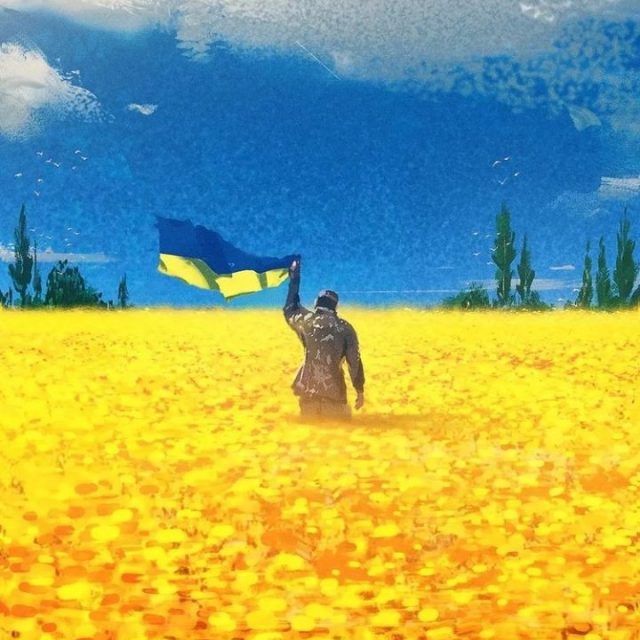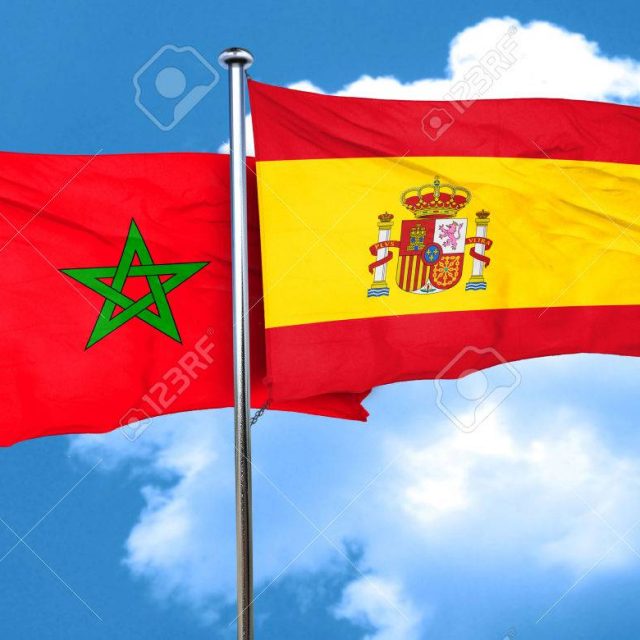Photo by Alexandr Bormotin on Unsplash
At a time when the Western world is pressurising Moscow with sanctions, many world-renowned companies continue to operate in Russia. Among them are Leroy Merlin, JT Group, Philip Morris, Ritter Sport, Raiffeisen Bank, Mondi, Mondelez, Mars, Unilever and others.
In 2022, Ritter Sport increased profits by 91 per cent, Mondelez by 38 per cent, Japan tobacco by 26 per cent, Mars by 20 per cent and Mondi by 15 per cent. The biggest beneficiary of the blood business in Russia was Raiffeisen Bank, which quadrupled its profits.
The Japanese-German company DMG Mori still remains on the Russian market, and its equipment probably finds its way to Russian military plants. After DMG Mori’s exit from Russia, the Russian subsidiary DMG Mori Rus made millions of dollars in sales.
Last year, alcohol producer Bacardi (brands Martini, Bacardi, William Lawson’s, Dewar’s) said it supported Ukraine, suspended exports of its products to Russia amid a full-scale invasion and froze advertising investments. However, the company’s products can still be found in Russian shops. And profits at the company’s Russian subsidiary, Bacardi Rus, tripled from 1.5bln to almost 4.7bln roubles in 2022. According to the latest data, the firm continues to do business in the Russian Federation and is actively looking for new employees there.
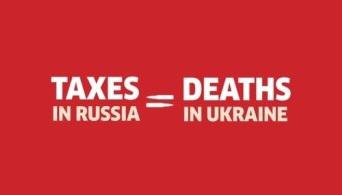
Russians can also find in shops Guinness, Baileys liqueur and Johnnie Walker whisky – products of Diageo, which promised to shut down its operations in Russia by the end of last year.
Some companies have decided to “disguise” themselves under new names in order to avoid leaving Russia. Among those who have “repainted” themselves and continue to cooperate with Russia are many popular brands, in particular Coca-Cola, which renamed the Russian branch of Coca-Cola HBC to Multon Partners. This company concentrated on the production of Dobryy, Rich, and My Family drinks. Thus, it was possible to bring to the market non-alcoholic carbonated drinks under the Dobryy brand, which are analogues of Coca-Cola’s classic products (Coca-Cola, Fanta, Sprite).
In July 2023, the German brand Puma returned to Russia, but under a new name – Amazing Red. The shops of Bershka, Zara and Pull&Bear resumed operations in Russia in April 2023. But they were given new names – Ecru (former Bershka), DUB (analogue of Pull&Bear) and Maag (analogue of Zara).
The manufacturer of batteries and accumulators Duracell returned to Russia under a new name last week. The products are sold under the Opticell brand. The Russian Ministry of Industry and Trade says that Opticell batteries are their domestic project and have nothing to do with the American company Duracell.
The French company Danone also wants to continue its operations in the Russian Federation. For this purpose, the group has changed the name of the international brand Aktivia to AktiBio for the Russian market.
But there are other situations. For example, on 25 August 2023, it became known that the Dutch brewing company Heineken sold its Russian business for a symbolic 1 euro and withdrew from the country. Heineken explained that this deal would result in losses of 300 million euros. The company had seven breweries and 1.8 thousand employees in Russia.
It is known that the Russian authorities will levy a substantial one-off tax on foreign companies, that is, in effect, a “war tax”. This is because if the Russian economy collapses, the Kremlin will not be able to finance the war in Ukraine, the production of missiles and the development of additional weapons. That is why the best way for global companies to help Ukraine would be to withdraw from the Russian market. International companies, having stopped doing business in Russia, can influence the end of the war in Ukraine, because the Russian economy is significantly dependent on foreign technology, goods and capital.

